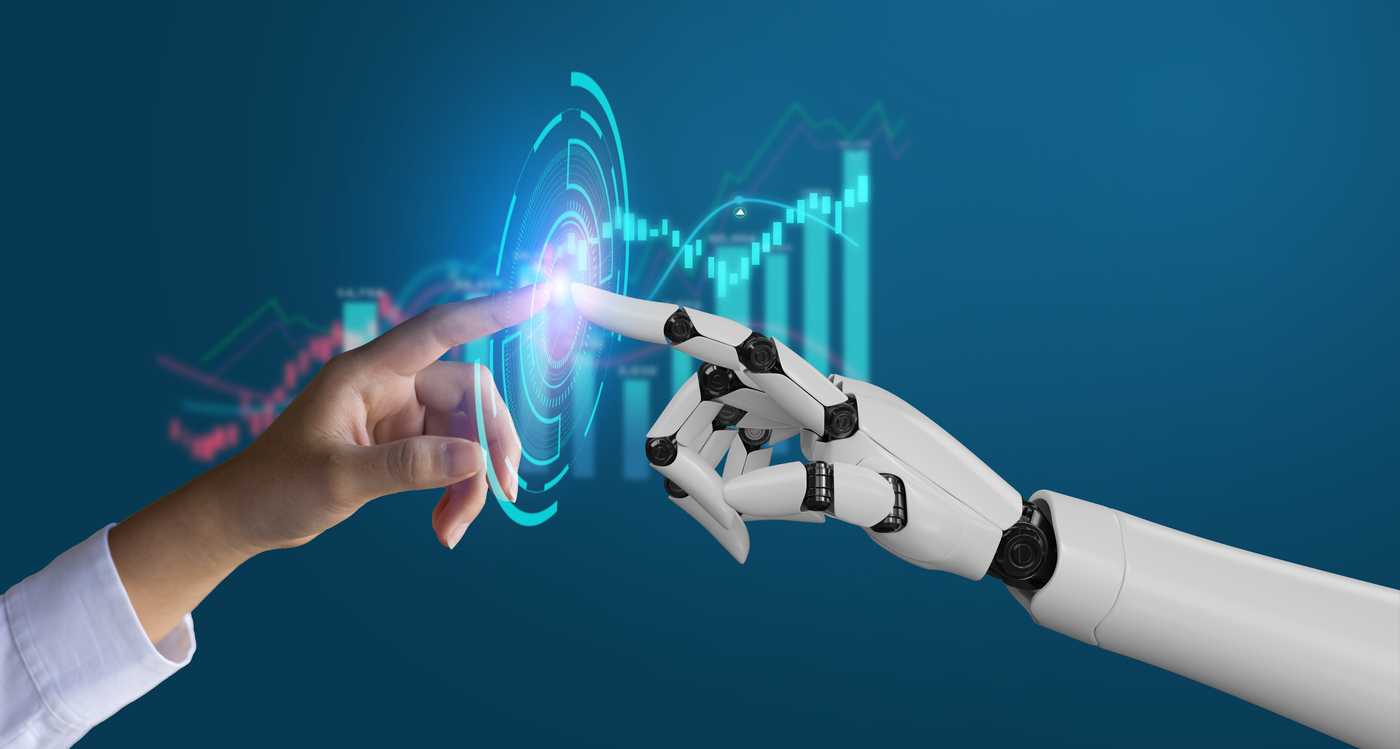The landscape of work is rapidly evolving, driven by a blend of fresh ideas, innovations and changing circumstances. Recently, we had the privilege of delving into the future of work with Leslie Lee Fook, CEO of INCUS Services, Limited, a trailblazer in AI analytics, automation, and cybersecurity solutions. Together, we explored what we dub “the three A’s” – Analytics, Artificial Intelligence (AI), and Automation – and their profound impact on work in diverse sectors.
To help us to understand the transformative power of data-driven technologies, Leslie spoke about what we will call “the three A’s”:
· Analytics – the use of data, statistical analysis, and mathematical models to uncover insights, patterns, and trends that allow organizations to make informed decisions, optimize processes, and improve performance.
· Artificial Intelligence – computer systems that perform tasks typically requiring human intelligence, including analyzing and learning from data to make decisions and predictions.
· Automation – the use of technology to perform tasks with minimal human intervention while streamlining processes and increasing efficiency.

Automation, AI, and Analytics are increasingly being used together to achieve enhanced results in such areas as:
Customer service: AI-powered chatbots enabled with decision-making powers and adaptive behaviors can automate customer service interactions because of their ability to understand human speech patterns and provide appropriate responses in a variety of situations.
Manufacturing: Robots equipped with AI capabilities can automate tasks such as quality inspection or predictive maintenance.
Analytical Analysis: AI-powered predictive analytics (algorithms) can analyze large datasets to identify patterns and make recommendations that can forecast customer behavior, optimize supply chain operations, or detect fraudulent activities.
Process Performance: By analyzing data on process performance, organizations can identify opportunities for automation to streamline operations, reduce costs, and improve efficiency. Analytics can also be used to monitor automated systems to ensure that they continue to operate effectively and adapt to changing conditions.
From his perspective as an entrepreneur, Leslie shared his belief that anyone with the curiosity and drive to solve a specific problem can make an impact in this data world. We will also need the specialty skills of the robotics engineer to design, build, and maintain the automated systems; of the AI specialist who can develop the algorithms and develop, train, and deploy the AI technologies; or the data engineer who will design, build, and maintain the infrastructure needed to store and process the large volumes of data being generated. The list goes on.
We invite you to continue exploring with us opportunities in these emerging fields by signing up for more information.
In the meantime, if you’re ready to learn more or get started with a degree in data or AI, explore our affordable bachelor’s or master’s degree programmes at CaribAbroad Academy.



